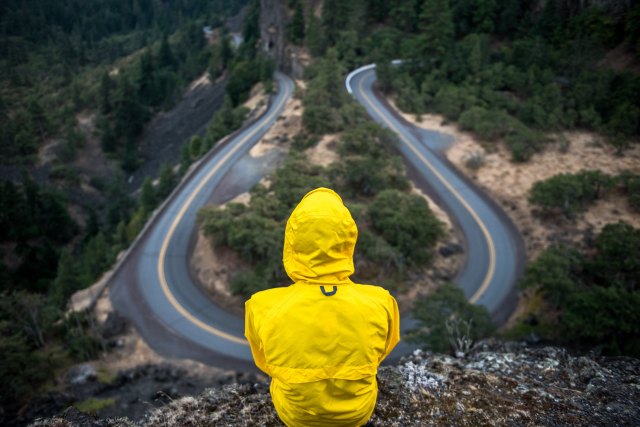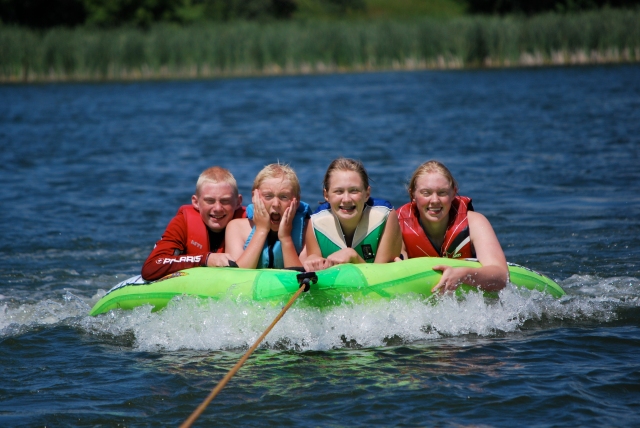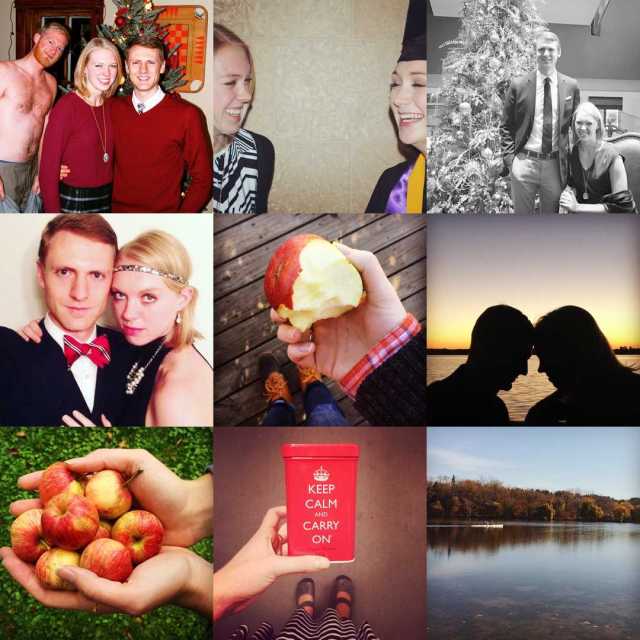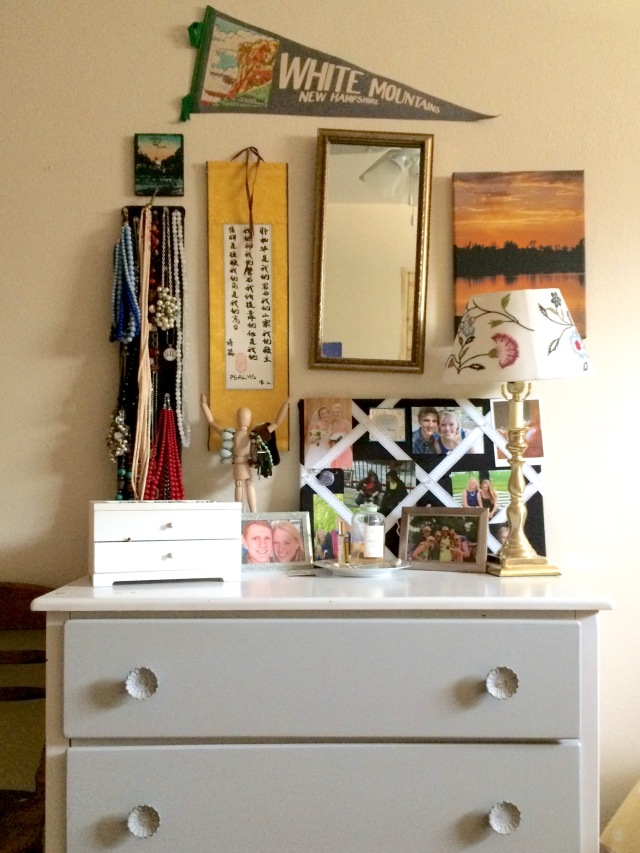
Hello, you. I’ve been thinking about you.
I’m thinking about you, the new graduate, in these heavy, golden times when everything is labeled “last.”
I’m thinking about you, in the new job, finding the paperclips and greeting new opportunities and shaking off the new fears clinging to their coattails.
I’m thinking about you, in the new city, parallel parking on unfamiliar streets and looking at strangers wondering if they could be friends.
I’m thinking about you, with the new baby, waking at strange hours and squeezing into a strange new role.
I’m thinking about you, if you feel like the road ahead is winding, hazy and unseeable. If that scares you. If you feel like every step takes twelve times more effort than it ought. If you wish making a coffee date were not an excruciating exercise in the unknown. If you’re staring at bare apartment walls, packed boxes at your feet.
Please. Be kind to yourself.
I recently saw on Instagram, the purveyor of all wisdom, that it takes eighteen months to fully adjust to a major life transition. Like a move, or a new job, or a graduation, or a baby. I don’t know about the statistical validity of this statement. I do know that it feels true.
In these transitions, you are creating something new, and that is never straightforward. All creation zigzags. Like words written, erased, moved around, and rewritten. Like a canvas, smeared with hidden layers. Like a life, with fresh starts and mistakes and missed turns. You have to wade into the mess, feel it squelch over your ankles and stain your jeans, before you can see what it could become.
So as you create this new thing, be kind to yourself.
Do not huff when you are late because there is how much traffic? At what hour? Do not rage at the closet that can’t hold one more box of lightbulbs before it bursts. Do not lose heart when all of your shoes seem all wrong, all of a sudden. Do not despair when you look at a weekend without a single solitary plan.
You are figuring it out. You aren’t doing it wrong. You’re going to be fine.
I have been in need of these words in the past year, while this little space has been silent. I have been wading through some transitions of my own.
Last May, my boyfriend Adam and I decided that I should try to move from Minneapolis to Chicago, where he was halfway through a Master’s program. A year later, I am now almost done with my first year of teaching in Chicago. My kids now know me by a new last name.
I was knocked off-kilter by these changes. Somehow I didn’t reckon that moving to a new city, starting at a new school with a new grade level and new student population, and starting a new marriage in the space of a few months might unravel my carefully calibrated life. I thought I could get into great shape and breeze through my to be read list and cook consistently and think carefully about what it means to be married and join a small group…while I also planned a wedding and revamped lesson plans and learned my way to Trader Joe’s.
Yeah. Didn’t happen.
It has taken until now to feel like I have words again. It has taken until now to get a library card, a gym membership, a better primary care physician. It has taken until now to find a small group. It has taken until now to get my students to have a productive discussion.
These are all things that make me happier. And these are all things I didn’t have bandwidth for last fall.
But it was okay.
I still payed my bills (mostly) on time. I still ate (mostly) nutritious food. I still got out of bed (mostly) on time. I still did (mostly) my best at my job.
And even if it wasn’t perfect, even if it wasn’t what I had in mind, I was still living. I was still doing fine.
You are, too.
Even if you wonder if you like new roommates and run out of toilet paper and get terribly lost and cry after midnight and think you’ve possibly made a terrible mistake. Even if your life doesn’t look like you planned. Even if it’s hard. Even if you’re exhausted.
You are doing fine.
You are still going to create something great.









